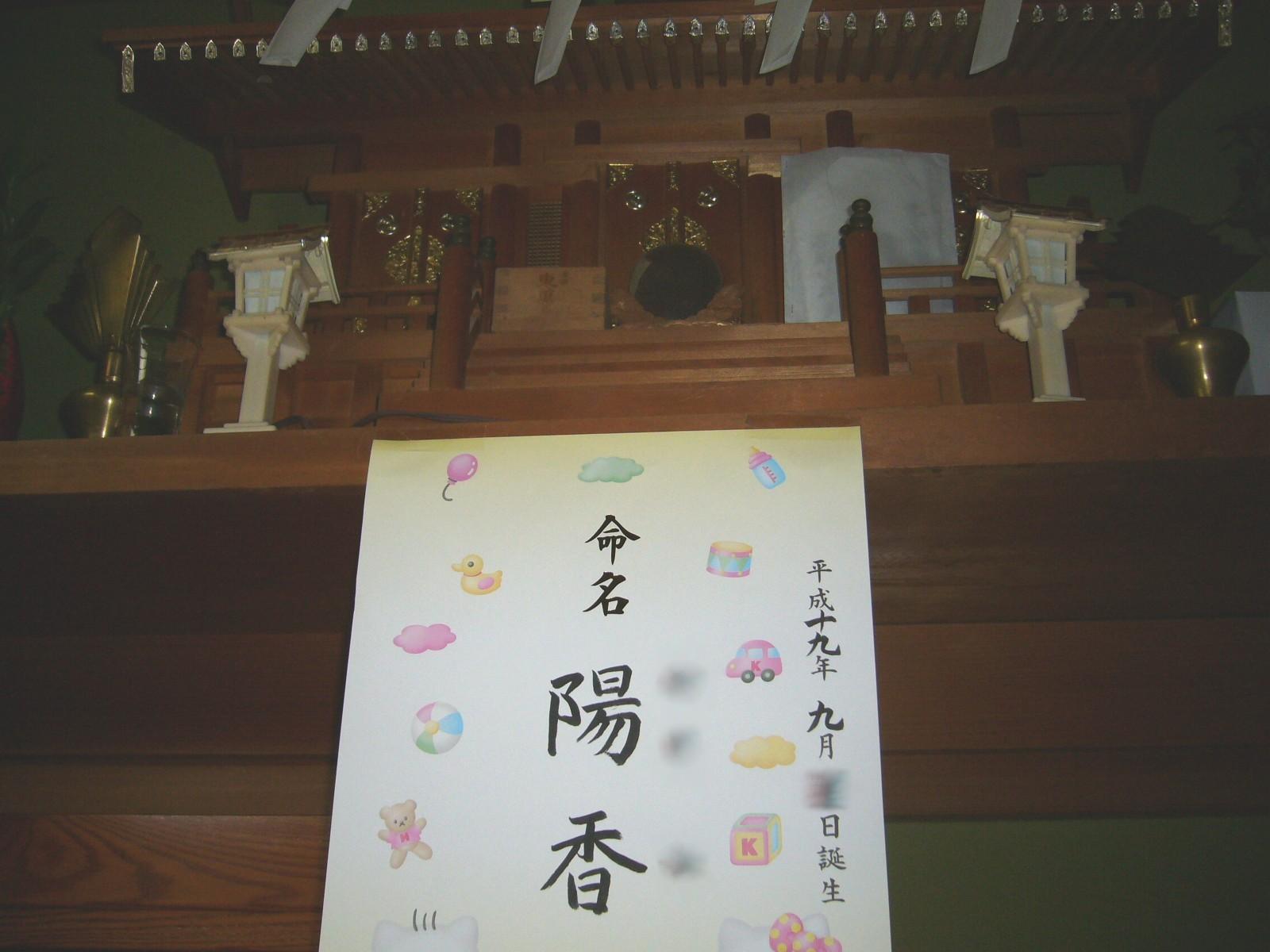Overview of Japanese Singers
Japanese singers have had a profound impact on the global music industry, blending traditional Japanese influences with modern styles to create a unique and captivating sound. From traditional enka singers to contemporary J-pop and rock artists, Japan’s music scene offers a diverse range of talent that has garnered international acclaim.
Historical Significance and Global Influence
The history of Japanese singers dates back centuries, with traditional vocal styles such as enka and min’yo deeply rooted in Japanese culture. These genres have evolved over time, influencing modern Japanese music and captivating audiences worldwide. Notable singers like Hikawa Kiyoshi and Misora Hibari have played pivotal roles in popularizing traditional Japanese music on the global stage.
Prominent Singers and Musical Diversity
Japan boasts a myriad of influential singers across various genres. From the iconic pop sensation Utada Hikaru to the rock powerhouse Miyavi, Japanese singers showcase a wide range of musical styles, catering to diverse audience preferences. Additionally, vocal groups like Arashi and AKB48 have gained substantial popularity, contributing to the country’s vibrant music landscape.
Impact on Japanese Culture
Japanese singers hold a revered status in their home country, often serving as cultural ambassadors and embodying the nation’s values and traditions through their music. Their influence extends beyond entertainment, shaping societal norms and reflecting the collective emotions of the Japanese people.
Global Reach and Influence
In recent decades, Japanese singers have increasingly gained global recognition, with artists like Hikaru Utada and Kyary Pamyu Pamyu achieving significant international success. Their ability to transcend language barriers and resonate with audiences worldwide underscores the universal appeal of Japanese music.
Latest Releases and Concerts
Japanese singers continue to captivate audiences with their latest releases and electrifying live performances. From chart-topping albums to sold-out concerts, these artists consistently push the boundaries of creativity, captivating fans both in Japan and abroad.
Recommendations for Japanese Singers
For those looking to explore the captivating world of Japanese music, iconic singers such as Hikaru Utada, Arashi, and Ayumi Hamasaki offer a great starting point. Additionally, emerging talents like Yonezu Kenshi and LiSA showcase the evolving landscape of Japanese music, providing a fresh perspective for enthusiasts.
Conclusion
The rise of Japanese singers from traditional roots to international fame exemplifies the enduring appeal and cultural significance of their music. With a rich historical legacy, diverse musical offerings, and a global reach, Japanese singers continue to captivate audiences worldwide. Their influence extends beyond entertainment, shaping cultural narratives and fostering cross-cultural appreciation. As Japanese music continues to evolve, these artists will undoubtedly leave an indelible mark on the global music landscape.
FAQs
1. Who is the most famous Japanese singer?
Hikaru Utada, known for her versatile musical style and international success, is widely regarded as one of the most famous Japanese singers.
2. What is enka music?
Enka is a traditional Japanese music genre characterized by emotive vocals and melancholic themes, often reflecting the sentiments of the working class.
3. Are Japanese singers popular outside of Japan?
Yes, several Japanese singers have gained popularity and recognition outside of Japan, with their music resonating with audiences across different countries.
4. What is J-pop?
J-pop, short for Japanese pop, refers to popular music originating from Japan, encompassing a wide range of musical styles such as pop, rock, and electronic dance music.
5. Do Japanese singers sing in English?
While many Japanese singers primarily perform in Japanese, some artists incorporate English lyrics into their songs, particularly when targeting international audiences.



